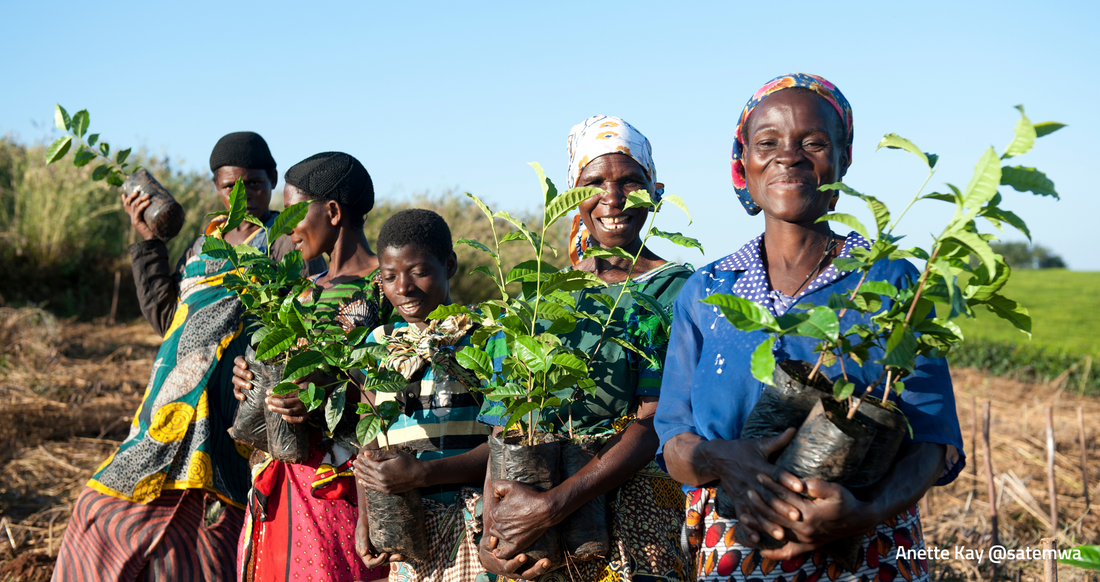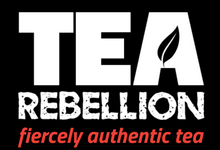
We joined the Satemwa Tree Planting Club!
During our trip out to Satemwa in the Shire Highlands of Malawi, we decided to join the Satemwa Tree Planting Club. This program supports nutritional, income & natural climate solution objectives for smallholders' living around Satemwa. This is exactly the kind of impact intervention we want to see more of in Sub-Saharan Africa to drive regenerative food system transformation. Here is why!
Why is this needed?
The population in Malawi is growing rapidly. In the South small farmers rely mainly on subsistence farming – i.e. crops are just used to feed their family with not much left to sell or trade. There is massive deforestation as low electrification outside the main Malawian cities results in a lot of cooking on fire wood and charcoal. This leads to serious erosion which is exacerbated by heavier rainfalls and longer periods of drought due to climate change. Malawi relies overly on Maize for its staple Nsima but this is nutritionally one sided resulting in low quality diets and stunted growth of children.
How does the Tree Club work?
The Satemwa Tea Planting Club helps smallholders to diversify their income and consumption habits by planting commercially interesting & healthy trees. Satemwa helps to educate small farmers about the potential for small economic income sources to ensure economic value is attributed to the tree itself.
The program includes a range of soil protecting, viable trees including healthy fruit trees (Avocado, Java Plum, Jack Fruit,...), to fast yielding Eucalyptus and Bamboo for building; to shade trees (Grevillea) and hard wood (Mbawa).
The tree range creates biodiversity and educates farmers about short, medium and long term income sources. Once the trees are big enough to leave the Satemwa nursery, events are organized to explain how to plant, how to harvest, how to market these trees. After the educational session, farmers can buy trees at extreme subsidized prices – this is key because recognizing the tree as valuable is a key objective in itself. Trees are then planted by the end of December to registered farmers. Follow up support is provided in the subsequent months.
